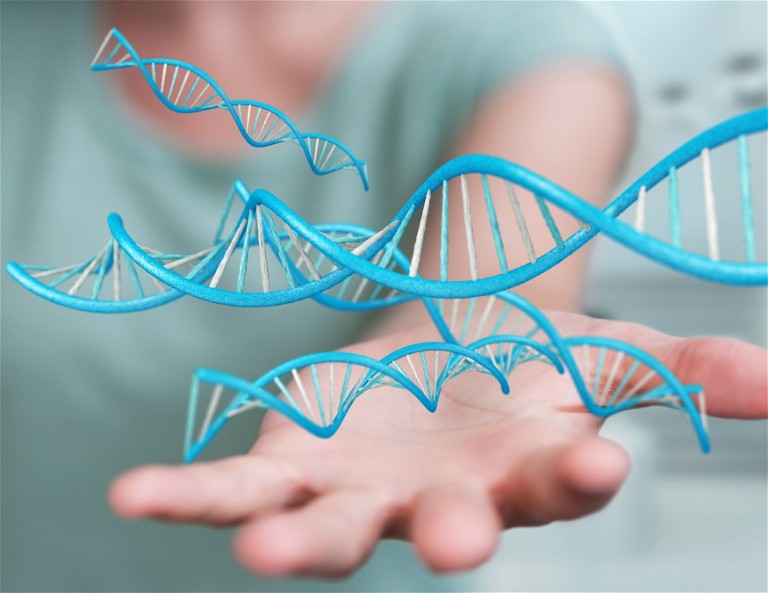News
Cell therapy pipeline shared by bit.bio
Bit.bio has announced its cell therapy pipeline as well as having shared its lead cell therapy candidate, preparing to enter clinical development in 2025.
The company’s lead cell therapy candidate, bbHEP01, is currently in development as a treatment for patients with acute liver failure (ALF) and acute-on-chronic liver failure (ACLF). The candidate comprises ‘encapsulated allogeneic induced hepatocy te-like cells (txHepatocytes) produced by bit.bio’s opti-ox precision cell programming technolog y,’ according to the company’s press release.
The drug is intended to provide transient liver function support, in order to allow native liver recover y or provide a path to transplant.
As well as sharing its pipeline, bit.bio has announced changes to its Scientific Advisory Board (SAB), through the appointments of Anil Dhawan MBBS MD FRCPCH, Katy Rezvani MD PhD and Loïc Vincent PhD.
Mark Kotter, founder and chief executive officer of bit.bio, commented: “ bit.bio’s mission is to democratise access to cell therapies. Our growing portfolio of therapeutic bit.bio txCells will enable a broad pipeline of regenerative and immune cell therapies, which we will develop either independently or in collaboration with external partners. I’m excited to welcome Drs Katy Rezvani, Anil Dhawan and Loïc Vincent to our SAB. Drawing on the combined expertise of our expanded SAB, we will proceed rapidly and thoughtfully, taking a risk-based approach. We will focus on areas of high unmet medical need where clinical risk has been mitigated by prior clinical studies. Our lead development candidate in acute liver failure exemplifies this approach.”

Anil Dhawan MBBS MD FRCPCH, bit.bio SAB member, added: “With its unique precision cell programming technolog y, bit.bio has the solution to the key problem for cell based therapies – namely access to an affordable, scalable and consistent supply of human cells. I am so excited that bit.bio’s lead programme builds on our previous work in liver disease, and I am looking forward to working with the bit.bio team to develop a life-saving treatment to the thousands of ALF and ACLF patients that so desperately need it.”